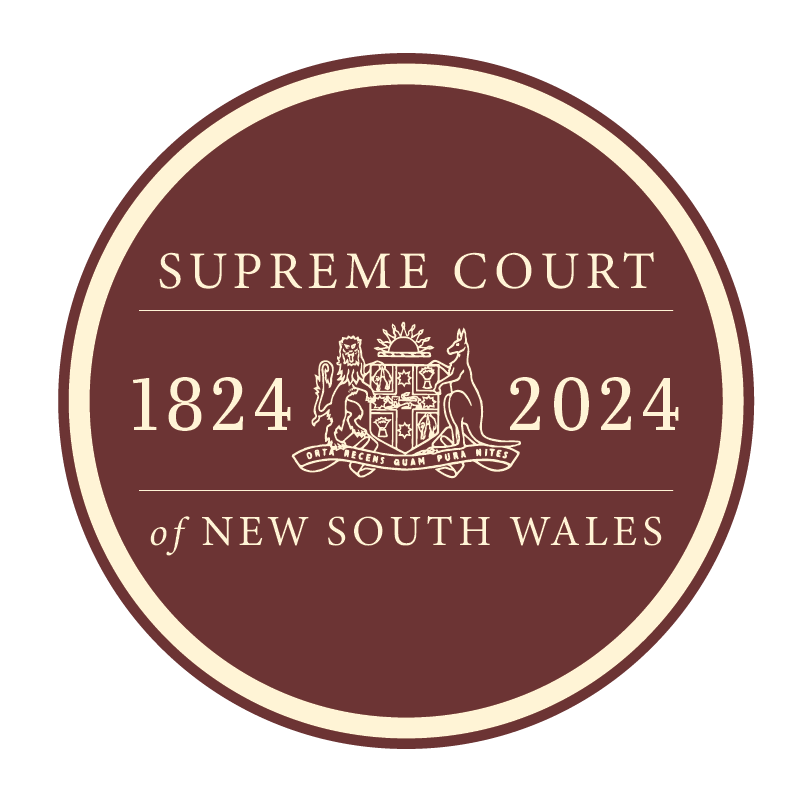Globalisation & Disruption (1999-2024)
Terrorism, war, corporate collapses, natural disasters, the advent of social media and a global pandemic: the twenty-first century has been a time of innovation and change, as well as social and economic disruption. The scale, complexity and tempo of litigation increased, and new areas of law emerged in respect of privacy, data security, transnational crime, and artificial intelligence. When faced with these and other challenges not seen since the First and Second World Wars, the Supreme Court has adapted its practices and procedures while maintaining centuries-old safeguards in relation to the liberty and dignity of individuals. It has done so with a Bench that is both larger and immeasurably more diverse than it was less than a generation earlier.
2001
Protesters march on James Hardie general meeting at the convention centre at Darling Harbour, 2004. Source: Fairfax Media
Corporate Governance and Class Actions
In the first decade of the twenty-first century Australia experienced a succession of corporate collapses and contraventions of corporate law. The Supreme Court was the forum for landmark cases prosecuted by the Australian Securities and Investments Commission (ASIC) against the directors of companies such as HIH Insurance, One.Tel and James Hardie Industries. Collectively, these cases helped to define and tighten corporate governance expectations of directors and senior executives. In 2011, reform of the Civil Procedure Act 2005 provided for representative proceedings, or class actions. This type of litigation can provide access to justice for those who could not otherwise afford to file claims for compensation for defective products, the consequences of natural disasters and corporate and governmental misfeasance.
2012
Mr. Fred McDermott, 71 pictured at NSW hospital, 1977.
R v McDermott
On 28 November 2012 the Court of Criminal Appeal quashed the conviction of Frederick McDermott for the murder of William Lavers in September 1936. McDermott was arrested in October 1946 and tried before the Supreme Court in February 1947. The jury returned a verdict of guilty, and Justice Herron imposed a death sentence, which was subsequently commuted to life imprisonment. McDermott was released on 11 January 1952 after a royal commission expressed strong reservations about the reliability of his confession. He died in 1977, but his conviction remained. When Lavers’ remains were discovered in 2004 it was clear that the circumstances of his death were wholly different from those described in McDermott’s so-called confession. On 26 November 2010, the Attorney General referred the whole case to the Court of Criminal Appeal, seeking a verdict of acquittal which was duly granted.
2020-2021
Virtual Court in session during COVID-19
The Pandemic
On 27 February 2020 the Prime Minister announced the Australian Health Sector Emergency Response Plan for Novel Coronavirus in anticipation of a pandemic. The Supreme Court temporarily suspended jury empanelment on 15 March. The Registry was physically closed on 23 March, following which all documents were submitted electronically and personal appearances in civil cases were suspended. ‘Virtual Courtroom’ entered the Court’s lexicon. Court users, Judges and staff had to adjust quickly. Prothonotary and Assistant Principal Registrar Rebel Kenna provides her perspective:
The usual faces from the profession waiting their turn in a busy list instantly became faceless when court operations were channelled into the “virtual court”... when sitting, it felt as though I was sitting alone...
1999 - 2024 Chief Justices







